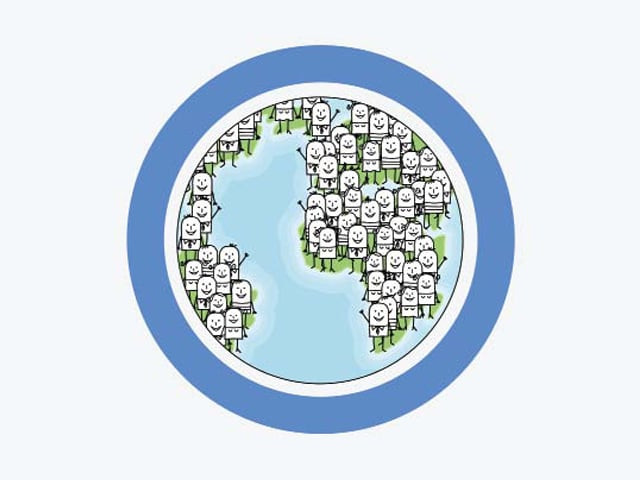Diabetes: An illness that used to only ail the elderly, is now creeping into our children
Symptoms include increased thirst, frequent urination, extreme hunger, weight loss, blurred vision,...

Diabetes: An illness that used to only ail the elderly, is now creeping into our children
People with type 1 diabetes, who do not make insulin, can become very ill without insulin shots.
A small unit at the Pakistan Institute of Medical Sciences in Islamabad (PIMS) is treating children with juvenile diabetes.
“The first case we received was in 2008 and today 350 small children are under our supervision,” said PIMS head of paediatrics Dr Gulbin. “The numbers are increasing rapidly.”
Lahore-based child specialist Dr Hamayun Iqbal is also worried. “Because of a lack of proper statistics we are unaware of the exact numbers of children who are suffering diabetes in the country,” he said.
Dr Gulbin of PIMS said that they had even heard reports that children in villages around Rawalpindi and Islamabad had died simply because their parents were clueless about the secret condition. “Poor parents who come from villages far away from city centres have a difficult time managing the treatment because the price of insulin is high,” she said. At least three pharmaceutical brands supply insulin and the cost is about Rs500 for 100 units.
Some of the symptoms that can alert parents are increased thirst and frequent urination, extreme hunger, weight loss, blurred vision or fatigue.
Dr Iqbal said that it is not completely clear what causes type 1 diabetes.
But scientists do know that in such people the body’s immune system that normally fights harmful bacteria and viruses mistakenly destroys the insulin-producing (islet) cells in the pancreas. “Genetics may play a role,” he added, “as can exposure to certain viruses.”
Given that parents aren’t mostly aware of the condition, schools can help spread information.
“We have one student MR, nine years old, who studies in class 4 and has diabetes,” said Col (retd) Syed Javed Shah, the principal of Army Public School, FWO Rawalpindi. “Every teacher and related staff have already been briefed on how to take care of the child. We have an SOP on how to deal with an emergency.”
Paying through the nose
A 2007 study by Karachi’s Aga Khan University Hospital, discovered that 18 per cent of total family income was spent on diabetes care for the poorest people who had a patient in the house. The study was done in six out-patients clinics in Karachi with 345 people. The annual average cost came to Rs11,580 or $197. Medicines accounted for the largest share of direct cost (46%), followed by laboratory investigations (32%).
Less teeth
A 2009 study by experts by the Karolinska Institutet, Stockholm and the Altamash Institute of Dental Medicine, Karachi, found that diabetes has had a strongly negative influence on oral health: diabetic patients have fewer teeth, more plaque, and a higher prevalence of moderate to severe periodontal disease than non-diabetics.
Guess who is more vulnerable?
In a study published in Diabetic Medicine, in 2004, experts from Tufts University in Boston and AKU found that ethnicity needed to be explored. Data from 9,442 individuals over 15 years of age from the National Health Survey of Pakistan (1990-1994) were analysed. The prevalence of diabetes varied, being highest among the Muhajirs (men 5.7%, women 7.9%), then Punjabis (men 4.6%, women 7.2%), Sindhis (men 5.1%, women 4.8%), Pashtuns (men 3.0%, women 3.8%), and lowest among the Baloch (men 2.9%, women 2.6%).
Published in The Express Tribune, November 15th, 2010.



















COMMENTS
Comments are moderated and generally will be posted if they are on-topic and not abusive.
For more information, please see our Comments FAQ